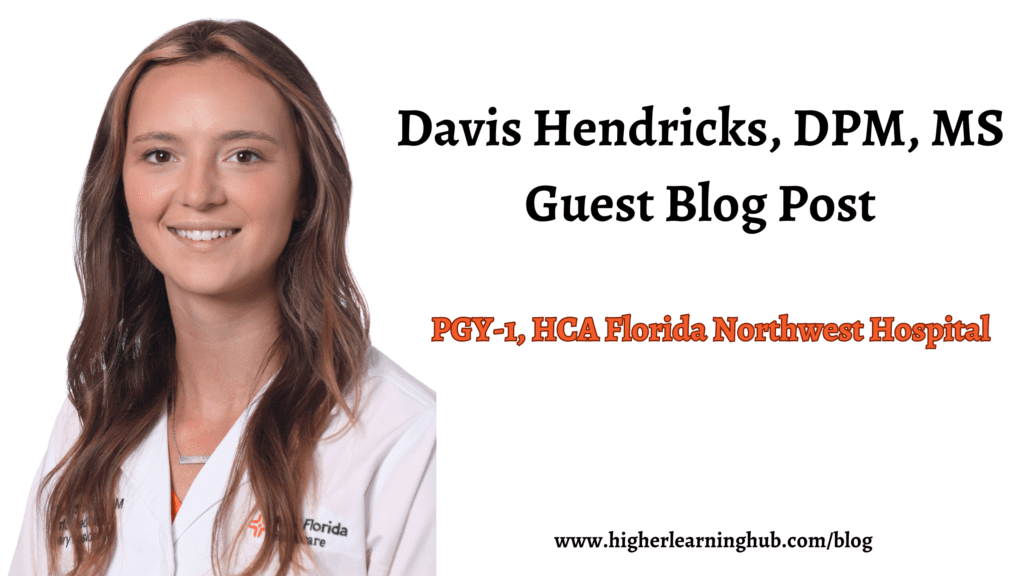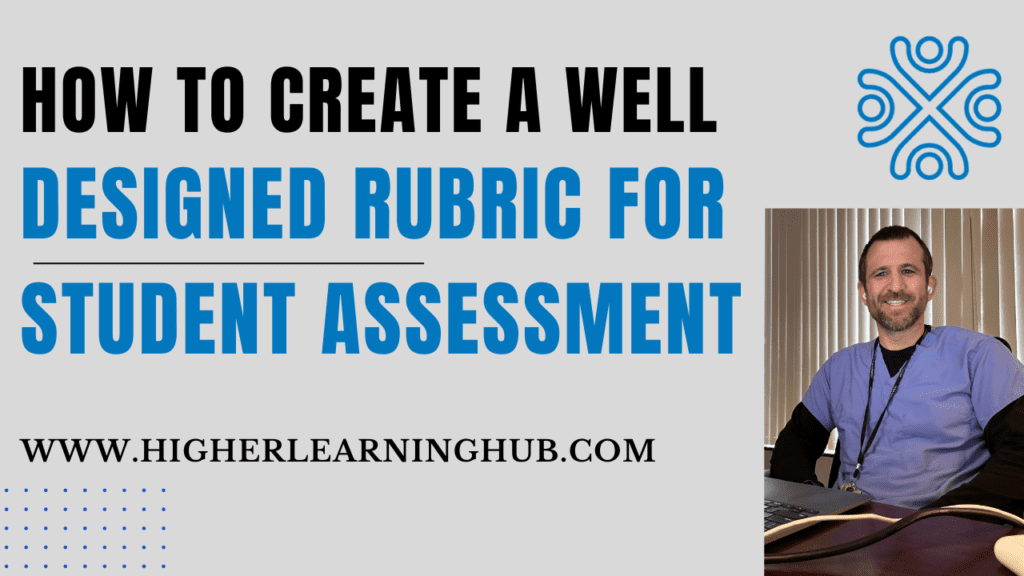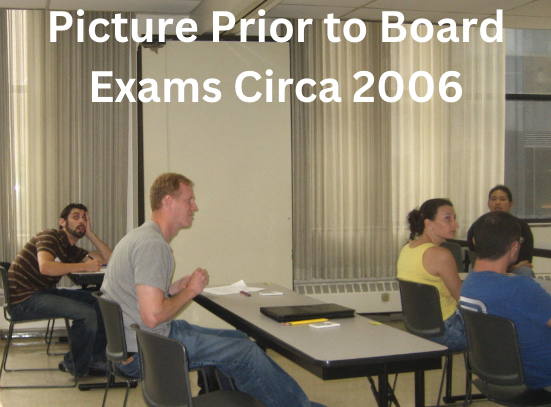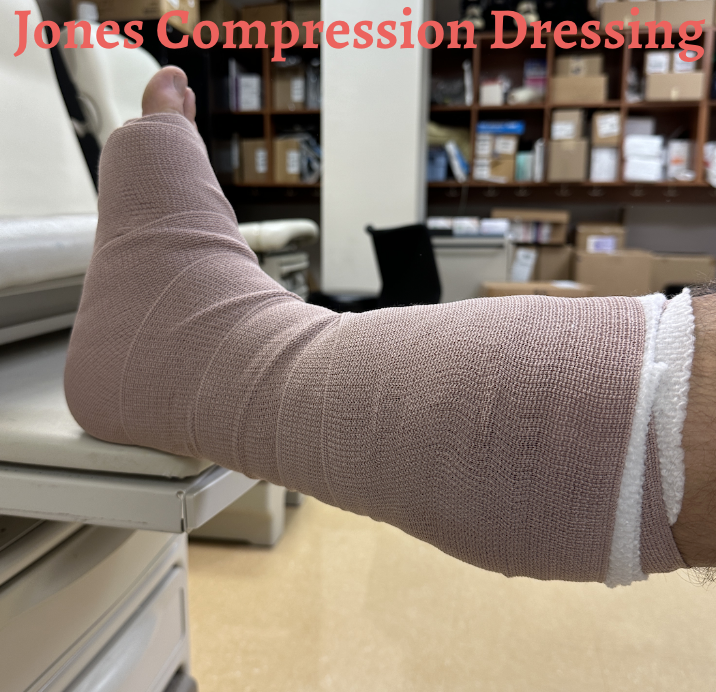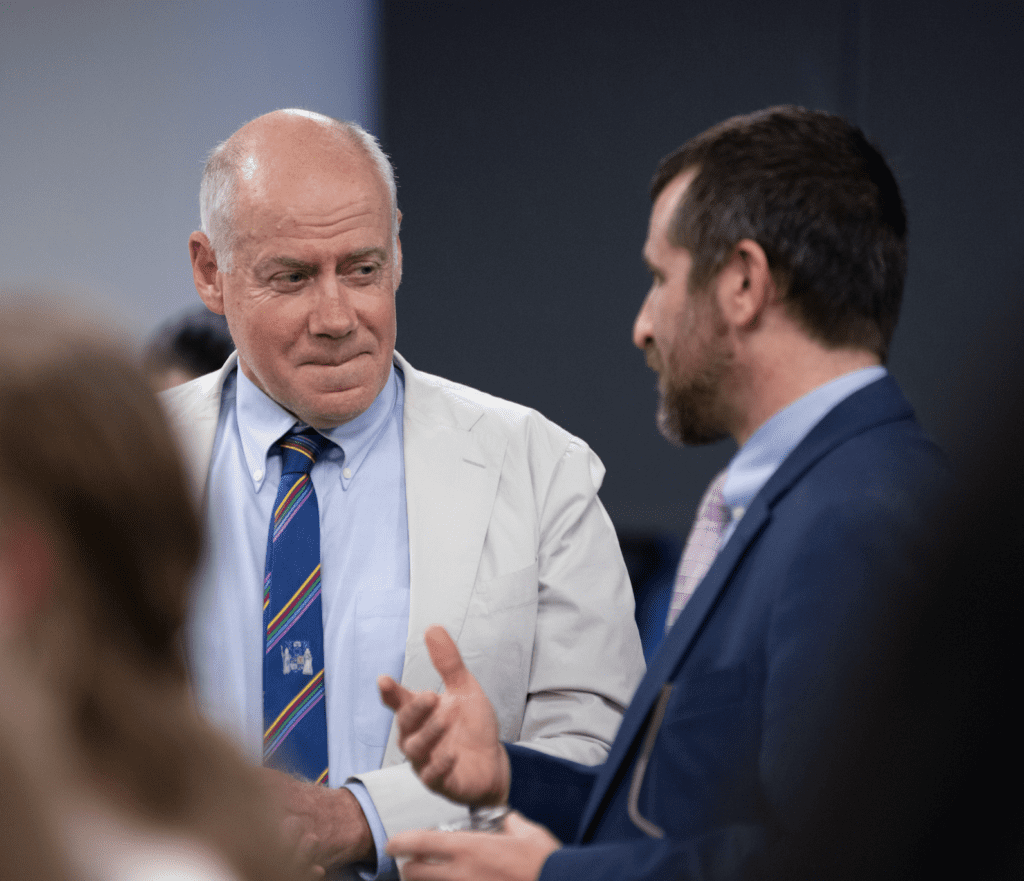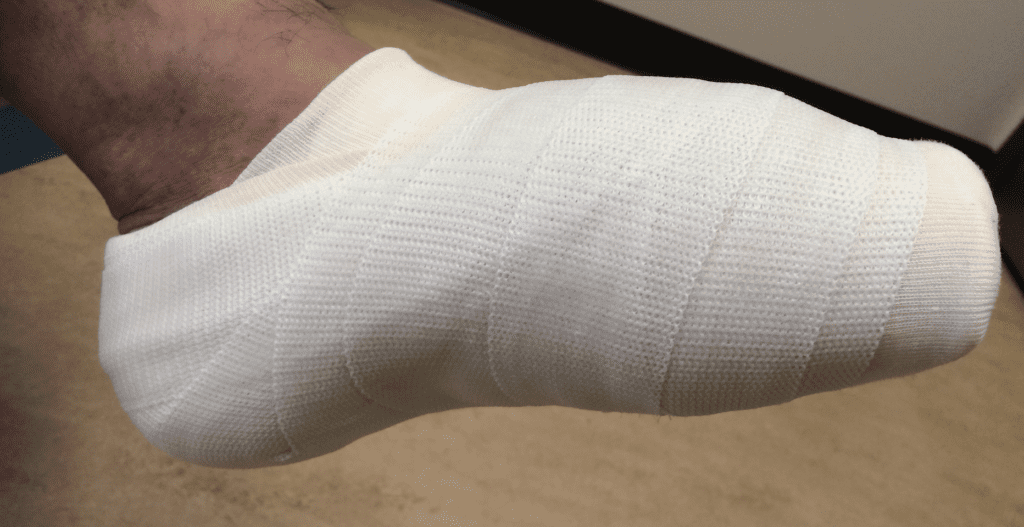Guest Blog – Authored by Davis Hendricks DPM, MS, Scholl College Class of 2024 and PGY-1 at HCA Florida Northwest Hospital; Published on February 21, 2024
It’s the beginning of your clinical rotations. All your classes are done. Now it’s time for the “good stuff”. Being in the operating room, treating real patients, putting your knowledge to the test. It is what you have been waiting for, right?
With all the excitement though, comes angst and nervousness. Have I studied enough? Am I really prepared for this? Did I pick the right externships? Will all the programs I rotate at like me? These questions along with a million others were running through my head as I began the journey through externships.
Despite the doubt and nervousness that filled me, externships have been, by far, the best part of my medical school journey. Each new month brought a new program, a new geographical area, new relationships, and new learning opportunities. Along the way, I learned so much about the field of podiatry, and also about myself. Here are a few things that I found to be important to not only my success but also my enjoyment of each rotation.
1. Work Hard!
It seems like such a simple concept that is emphasized over and over again to us students, but it really is the best thing you can do to be successful and stand out at each rotation. At each clinical site, you are going to be asked questions that you don’t know the answers to. You are going to see surgeries and procedures you have never seen before and that is okay. There will be no attending, resident, or staff member who is going to expect you to know everything. Remember, we are students at the beginning of this journey.
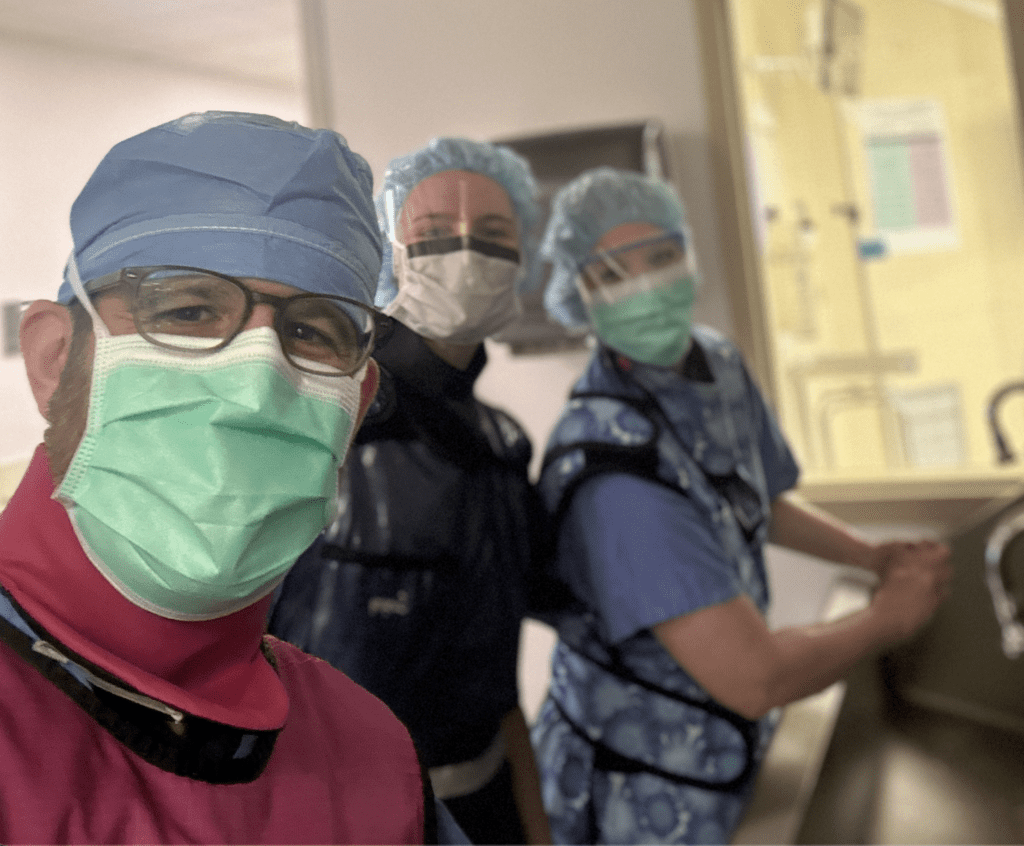

What makes you stand out is your willingness to work hard. Show up early to cases, come prepared, be engaged, ask questions, and always offer to help. Residency programs want students who are willing to work hard and go the extra mile to not only be great residents but also ensure the best care for their patients. You can teach clinical and surgical skills, but you can’t teach hard work.
2. Your knowledge base will grow!
When you start on your rotations, you will have so much “book knowledge” but limited clinical and surgical experience. This is completely okay. No program expects you to be perfect, know the answer to every question, or know the exact steps to every surgical procedure you participate in. It can be overwhelming at first and it can feel like you know so little, but you will learn and you will get comfortable scrubbing and assisting in surgery and making clinical decisions. Refer to class notes and articles before a procedure, watch videos on the surgeries you will be in, and talk to your classmates at other rotations about the cases they see. You will be surprised at how quickly you pick up on things and how much you learn with each procedure and patient encounter.
3. It’s okay to ask for help during clinical rotations!
As I said above, you aren’t going to know how to do everything and there will be so many “first times”. If an attending or resident asks you to do something you have never done before, which will happen, it is okay to ask for help. It is okay to say, “I have not had the opportunity to do ‘xyz’ before. Would you mind walking me through it the first time?” Residents and attendings would much rather you ask for help than pretend you know what you are doing and potentially cause harm to the patient.
4. Be Yourself!
At each rotation, while you want the program to like you, ultimately you are seeing if this is a program that you could see yourself at for 3 years. Not only are you seeing if the program has everything you want in a residency, but you are also seeing if you fit in well there. The best way to do this is to be yourself! If you are trying to be someone you aren’t, there is no way to tell if this is a program with people you can work well with and learn from. Are the residents people you can get along with and work beside? Do they treat you as part of the family? Do they all work well together as a team? Do the attendings teach in a way you can understand and learn from?
5. Have fun during your clinical rotations!
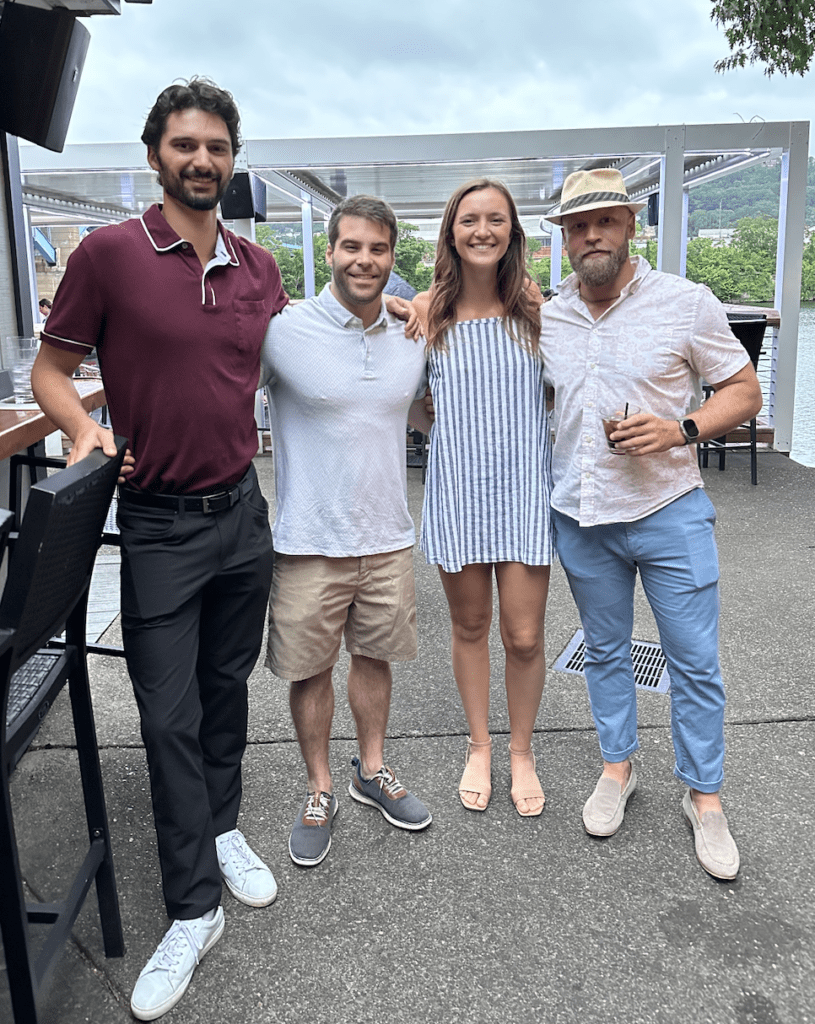

It’s cheesy to say, I know, but seriously have fun! There is a ton of pressure to “be perfect” and get your #1 choice in a residency program, but you only get to do this once. Make the most of each rotation, make friends with the residents and other students you rotate with, and make memories. One of the most surprising things about this past year is how many relationships I have been able to build with residents and students from other programs. Podiatry is a small world and, even if you don’t end up working with these new people, they are relationships you can carry with you throughout the rest of your career.
6. Go where you are happy!
At the end of your externships, you are tasked with the impossible decision of deciding where to apply and ultimately where you want to go for residency. There are so many incredible programs out there that train incredible surgeons. You will likely go to several programs that you would be completely happy at. The unfortunate fact is you can only choose one. Some of the best advice I received during this whole process was “Go where you are happy.” Yes, you want to pick a program where you can be the best surgeon you can be, but you also want to be happy. This is 3 years of your life that are going to be full of long days that are going to push you mentally, physically, and emotionally. It is important to be surrounded by people who will encourage and support you along the way. Residency is going to be hard no matter where you go, so you have to make sure you are in a place and at a program where you are truly happy.
Medical school is a wild time in life. You are challenged more than you have ever been challenged academically, but it truly is so rewarding. Getting to apply all the knowledge you worked so hard to acquire to real-life people and pathologies to see a real difference makes it all worth it. Take advantage of this time and make the most of it. You won’t regret it.
My Journey Through Clinical Rotations – Davis Hendricks, MS
To the student in the process of picking rotations, going through rotations, or simply trying to be a successful medical student: work hard, be yourself, and have fun doing it. This is an incredible profession with so many wonderful opportunities. Make the most of it and do what future you would be proud of. The future doctor in you is waiting to shine!
Davis can be reached at davis.hendricks@my.rfums.org if you have any questions about clinical rotations or the residency application and interview process!

